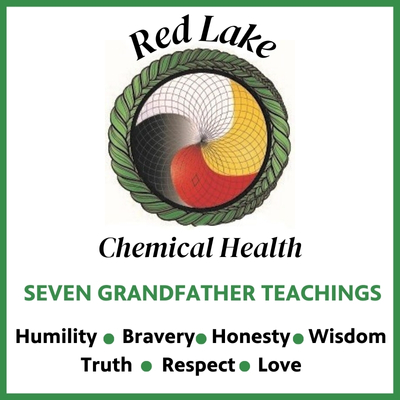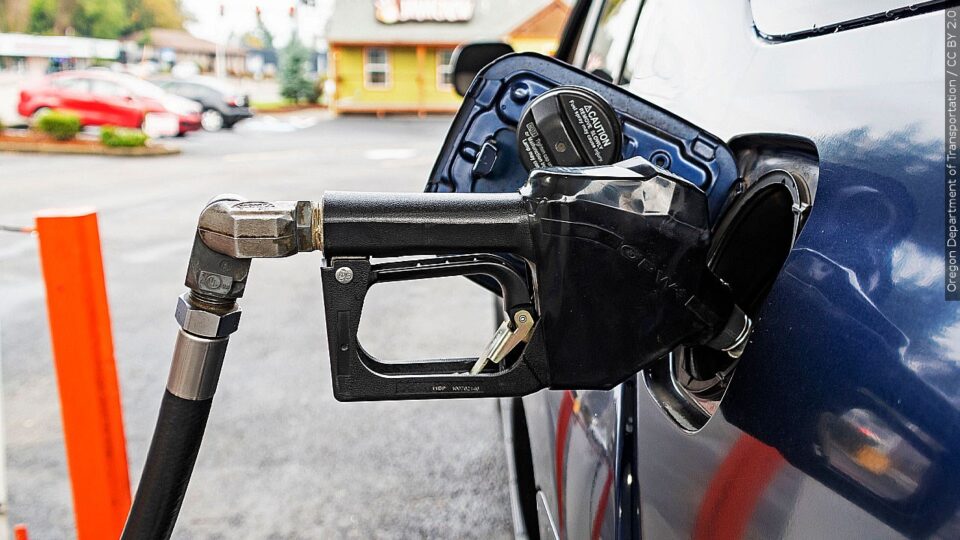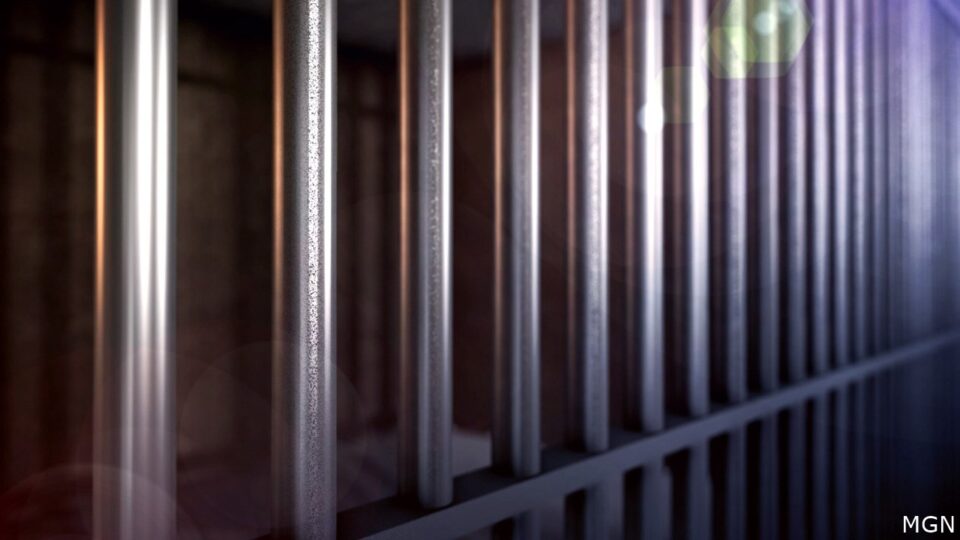Feb 15, 2023 | By: Lakeland News
Minnesota Justices Leave Felon Voting Issue to Legislature
MINNEAPOLIS (AP) — The Minnesota Supreme Court on Wednesday upheld state laws that prohibit people with felony convictions from voting until they finish their parole, and put the burden on the Legislature to decide whether voting rights should be restored when people leave prison.
The American Civil Liberties Union, which filed the lawsuit on behalf of people with felony convictions who can’t vote, had argued that the state’s constitution guarantees the right to vote once a person is released from incarceration. But the majority of Supreme Court justices disagreed.
“There may be many compelling reasons why society should not permanently prohibit — or perhaps prohibit at all — persons convicted of a felony from voting,” Minnesota Supreme Court Justice Paul Thissen said in the majority opinion. But the state’s constitution does not automatically entitle people with felony convictions to vote, Thissen added.
Supreme Court Justice Natalie Hudson was the only one to dissent. The state constitution requires the court to scrutinize any statute that “improperly discriminates among the people of this state,” and the court failed to do so, Hudson said.
Lawyers for the ACLU expressed disappointment with the Supreme Court decision and said it’s urgent now for the Senate to pass the bill.
David McKinney, a staff attorney for the ACLU, said the decision means that more than 50,000 Minnesotans, who are disproportionately people of color, will remain disenfranchised unless the Senate acts.
According to the majority opinion, appellants had shown that 1% of white people, 6% of Black people and 9% of Native American people in Minnesota could not vote in 2018 because they had been convicted of a felony but not discharged from their sentence. If the right to vote was restored upon release from incarceration, those percentages would drop to 0.1%, 1.5% and 2%, respectively.
Elizer Darris, co-executive director of the Minnesota Freedom Fund, who has been campaigning at the Legislature and canvassing door to door to change the laws, said it was “beyond disheartening” that the Supreme Court acknowledged the racial disparities but took no action to remedy them.
Darris, who has a conviction for second-degree murder and can’t vote because he’s on parole until 2025, said he won’t give up on democracy and will continue to fight for the legislation.
Minnesota’s Democratic secretary of state, Steve Simon, said in a statement: “If a person is deemed by a judge or jury to be worthy enough and safe enough to live in our community, then it is entirely reasonable to allow that person to have a say about who governs them. This restoration of voting rights is good for all of us, because we know that when people have a sense of ownership in their community they are far less likely to commit another crime.”
Efforts to “restore the vote” are moving forward quickly in the Legislature. The House passed its bill with a 71-59 vote two weeks ago. The Senate is awaiting its final vote on a mirroring bill.
“We’ve heard from the Supreme Court that this issue requires action from the Legislature, and we are prepared to pass my legislation that would restore voting rights to those community members who are no longer incarcerated,” Senate President Bobby Joe Champion, a Democrat of Minneapolis and the Senate bill’s chief author, said in a statement.
Lawmakers who oppose these efforts include Republican Sen. Warren Limmer, of Maple Grove, who serves as the lead Republican on the Senate’s public safety committee.
“Just recently, a felon was sentenced to only six months in prison for raping two minor-aged girls,” Limmer said in a video posted to Facebook on Tuesday. “Once that individual gets out on probation, he will be able to vote and affect our values in public policy… I personally believe that that’s not long enough to restore a felon’s constitutional rights.”
In 21 states, voting rights are restored when people with felony convictions leave prison, according to the National Conference of State Legislatures. That includes Republican-controlled North Dakota, Indiana and Utah.
Other states, like Minnesota, require probation and parole to be completed for the restoration of voting rights. And in some states, people incarcerated on certain crimes lose their rights indefinitely after release.
Trisha Ahmed is a corps member for the Associated Press/Report for America Statehouse News Initiative. Report for America is a nonprofit national service program that places journalists in local newsrooms to report on undercovered issues. Follow her on Twitter: @TrishaAhmed15







